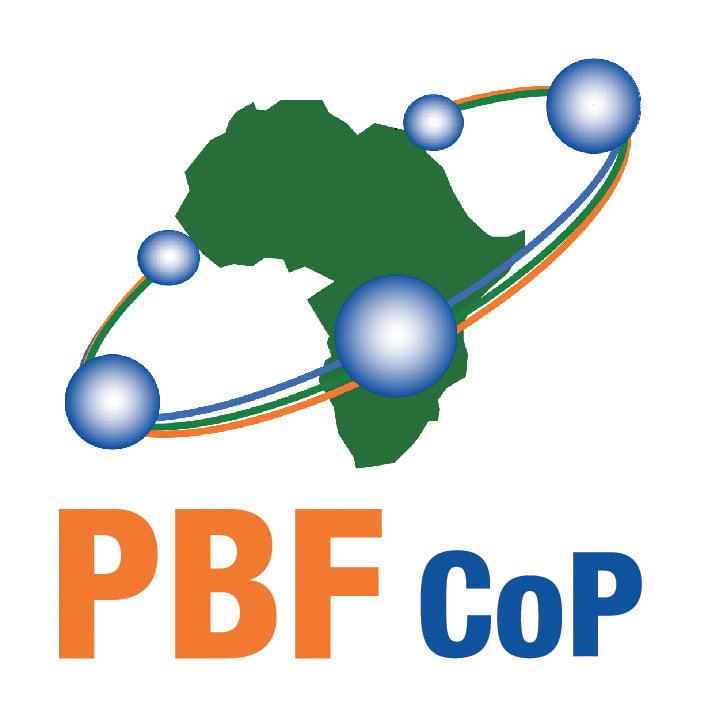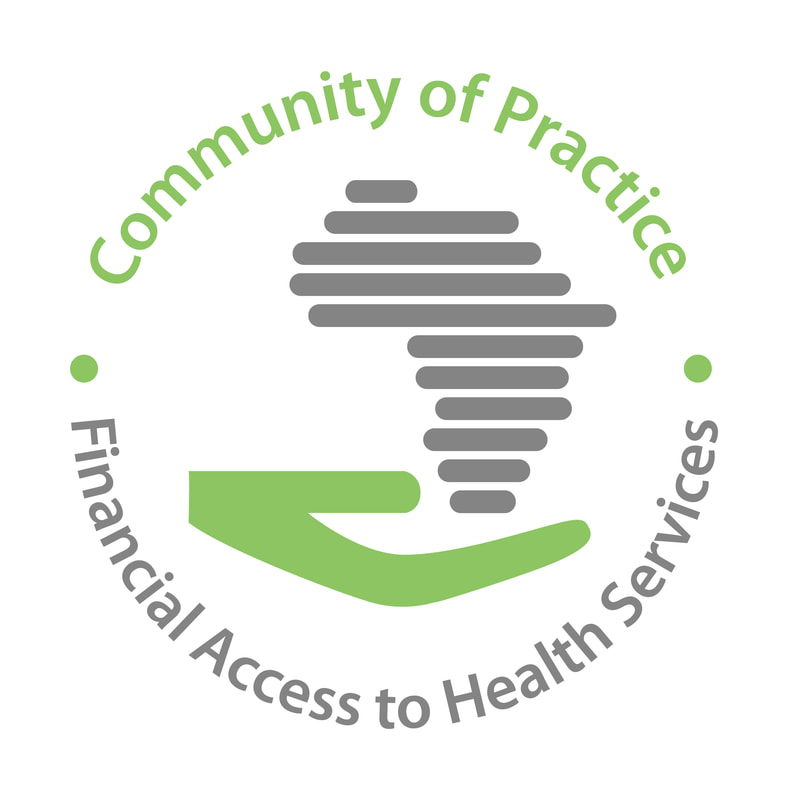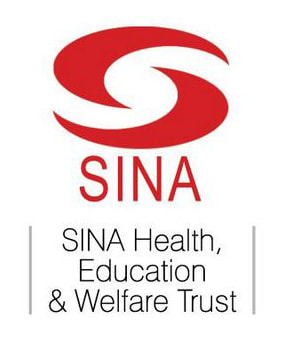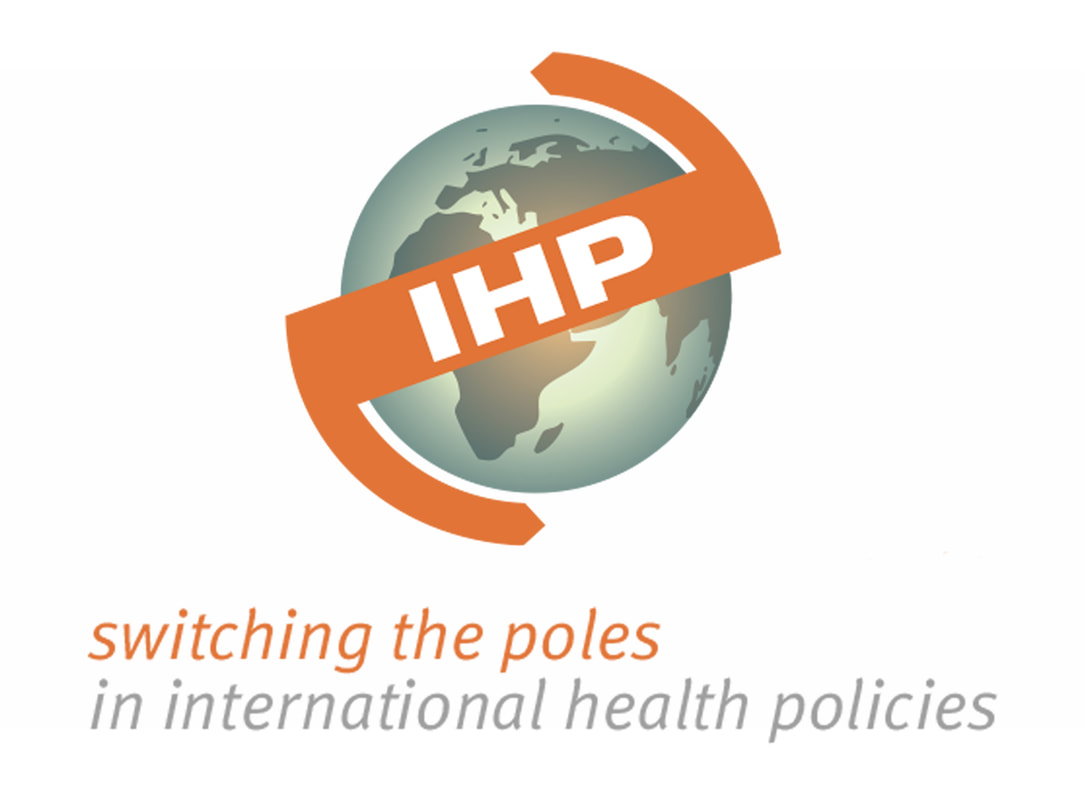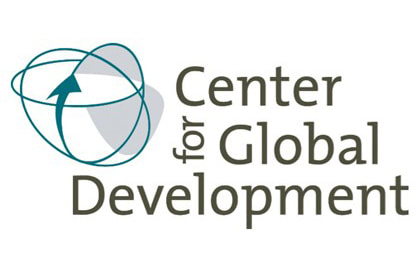In this blog post, Jurrien Toonen (KIT, Amsterdam) wonders how Performance-Based Financing will fit in the Universal Health Coverage agenda, which was the main focus of a major conference in Bangkok last month.
This year’s theme of the 20th Prince Mahidol Award Conference (PMAC) in Bangkok organized in January 2012 by the Thai Government, was: “Towards Universal Health Coverage (UHC) – health financing matters”. The conference included 48 sessions in 5 days – including one on P/RBF. With so much going on, it was impossible to attend it all, so I will limit myself to some general comments on UHC and what could be of interest for P/RBF in PMAC.
What is hot – and what’s not
Thailand is one of the success stories where UHC has been attained over the last 10 years. There was a high level of “UHC – yes we can” emotions, with UHC promoted as something that can be achieved by all countries. It gave the impression – which was acclaimed by several speakers – that we’ve moved on to the Rio agenda of “development” rather than poverty eradication, and that the MDGs have had their time in the spotlight.
Even Health System Strengthening seems no longer “hot” for some actors – as observed by Dr Hercot on the IHP blog (you can also access his post on the UHC-forward website that was launched by R4D that same week of the PMAC).
Even if UHC is hot now, there was still quite some discussion on what it is, and what it’s not. UHC may sound like the 1978 “Health for All” agenda of Alma Ata, but the strategy looks different this time around. According to the WHO definition, UHC focuses on making health care available for 100% of the population, increasing the health care package to essential care, while making it financially accessible. Yes, health financing matters, but many raised the issue that equity should be better anchored in UHC. Tim Evans from BRAC University defined UHC as “intolerance to inequities in health care – ending the injustice that too many have no access”. Also, UHC seems to be about providing health services only, with little regard for what we have learned the last decades that improving health outcomes does not depend on health services only but also on the socio-economic determinants of health (education, water and sanitation, nutrition, …). Little of this was discussed in Bangkok.
Will PBF still be hot in Universal Health Coverage?
Much of the discussions on UHC was about countries increasing their spending on health – which is a great thought but we know from experience that in many countries this has not and will not be possible. Thailand has proved that it is possible to attain UHC in a middle-income country, but a first question would be: can we in many other countries? Health insurance was much discussed in PMAC, as it holds the potential to raise additional resources for the sector – but also to provide social protection and increase financial accessibility. However, on health financing relatively little was heard about fostering cost containment by improving efficiency, combatting fraud and corruption, reallocation of existing resources, and increasing performance of human resources. Getting rid of the waste in the system is a good second best after (not) increasing a country’s spending on health.
If indeed UHC is here to replace last week’s fashion, the MDGs, would that be good or bad news for P/RBF? It may be that UHC will save P/RBF from its narrow MDG-focus (and therefore its perverse effects), but also that UHC will again put even more emphasis on the level where results are produced: at the operational level. The call for increased funding on health was loud in Bangkok, but UHC should not stop at increasing geographical and financial accessibility. Whether it be in the MDGs or UHC (or whatever comes next), we must remember the real challenge is in organizing services in health facilities in an efficient way so that patients will make use of them. Here P/RBF can play a key role. P/RBF has the potential to make services more cost-efficient, in order that health staff will be motivated to provide more “health for our buck” with existing (financial and human) resources. It may enable staff to tackle the bottlenecks that they know well, but cannot address because they are driven by input-based budget lines. So, P/RBF can play a very important role in UHC, but only if we make sure that impartial, sound and thorough evidence on P/RBF exists. This evidence is needed firstly to convince those who remain hesitant. In the P/RBF session, a literature study presented proved that evidence on P/RBF is “still thin”, and another (on P/RBF in OECD countries) that “P/RBF most often caused distortions”. Dr. Kutzin from the WHO even mentioned that the list of failures of P/RBF is longer than its list of successes. So, if we know from practice that it is working in many settings we must collect evidence to find what works (or works not!) and why, and use this evidence. But not only to convince donors – above all to strengthen the P/RBF approach. I urge you all to be courageous enough to challenge P/RBF beliefs and critically study them, to make sure that P/RBF will not be another donor fashion, that fades, leaving us looking again for the next-month flavor after Alma Ata, Bamako, WDR ’93, MDGs, and ……. UHC?

